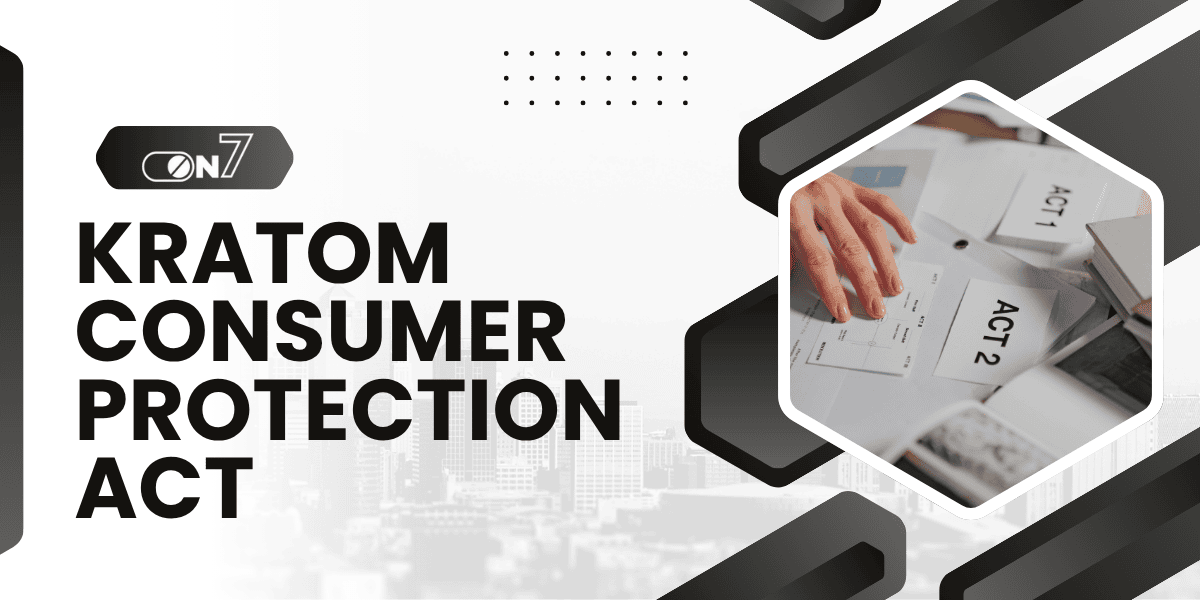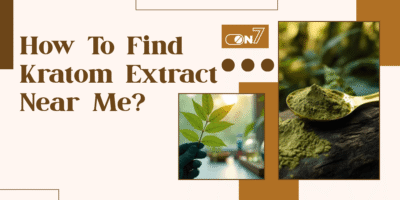KCPA stands for Kratom Consumer Protection Act, which protects the production, sale, and labeling of kratom products in all forms (capsules, tablets, extracts, powder, etc). It is also to ensure the quality of the kratom that consumers receive.
This law was created to prohibit the sale of kratom products that contain harmful chemicals, contaminants, or additives.
It also requires vendors and kratom manufacturers to provide all details on labeling and also provide lab test reports to ensure the product is safe to use. This law also bans kratom use and sales to individuals under the age of 21.
The KCPA ensures a safer marketplace for people who enjoy natural products over chemical alternatives. It also protects consumers from unsafe or adulterated products.
Why Was the KCPA Created?
KCPA was introduced by advocacy groups like (American Kratom Association AKA) that prevent harmful kratom products with contaminants from reaching the consumers. It also ensures standardised manufacturing for consistency and safety. KCPA also counters misinformation about kratom side effects and risks.
Before KCPA, kratom was largely unregulated, leading to multiple issues that became the reason for the kratom ban in various places. These laws prohibit dangerous adulterants, mislabelled potency, and underage sales.
Key Provisions of the KCPA
States that pass the KCPA follow these rules:
- KCPA bans dangerous additives and synthetic alkaloids like 7-hydroxymitragynine isolate. It also prohibits contamination with heavy metals, bacteria, salmonella, etc.
- KCPA requires a lab report for each batch. Each vendor must test for alkaloid content and contaminants to check the purity of their product.
- Clear labelling is a must for all vendors that include alkaloid percentage, expiration date, manufacturing date, and warning labels. Ingredients added to the product should also be mentioned on the label.
- According to KCPA, vendors must verify age before selling and ban sales to anyone under 21.
- To prohibit false advertising that could mislead consumers, KCPA ensures that no vendor is labeling unapproved medical claims, such as a cure for diseases.
Which States Have Passed the KCPA?
In many states, kratom is protected by KCPA, including Arizona, Oklahoma, Oregon, Colorado, Utah, Virginia, Georgia, Florida, Nevada, and West Virginia.
How Does the KCPA Affect Consumers?
KCPA is beneficial for consumers as it ensures safer products by lab testing, accurate dosing, clear labelling, and less risk of adulterants and legal protection against bans in regulated states.
It also impacts vendors as they are required to provide clear labelling and lab test results. KCPA also helps legitimate businesses to thrive by kicking out scammers and fake sellers. They also employ fines and shutdowns for rule violations.
Opposition & Controversy
Some critics oppose KCPA for its overregulation and FDA stance on kratom; however, advocates of kratom say that regulation is better than prohibition.
Kratom has been under a lot of controversy over the years due to its Alkaloids and their effects; however, the associations and advocates are trying to clear out the misinformation and educate people more about kratom’s benefits over side effects.
Mitragynine and 7-Hydroxymitragynine are two substances that are the reasons for controversies around kratom. Mitragynine produces stimulating effects in low doses and opioid-like effects at higher doses.
Kratom is labeled as a controlled substance and added to the “drug of concern” section in six US states. Buying, selling, consuming, or growing in these states is illegal.
How to Support the KCPA in Your State?
You can support KCPA in your state by joining the AKA (American Kratom Association). You can also contact local legislators about sponsoring a KCPA bill and buy from KCPA-compliant vendors.
Conclusion
KCPA is doing its best to keep kratom legal while also enforcing safety standards. These rules legitimize vendors, while consumers benefit from cleaner, properly labeled products. The future of kratom looks safer as more states adopt KCPA.
Also, see:






